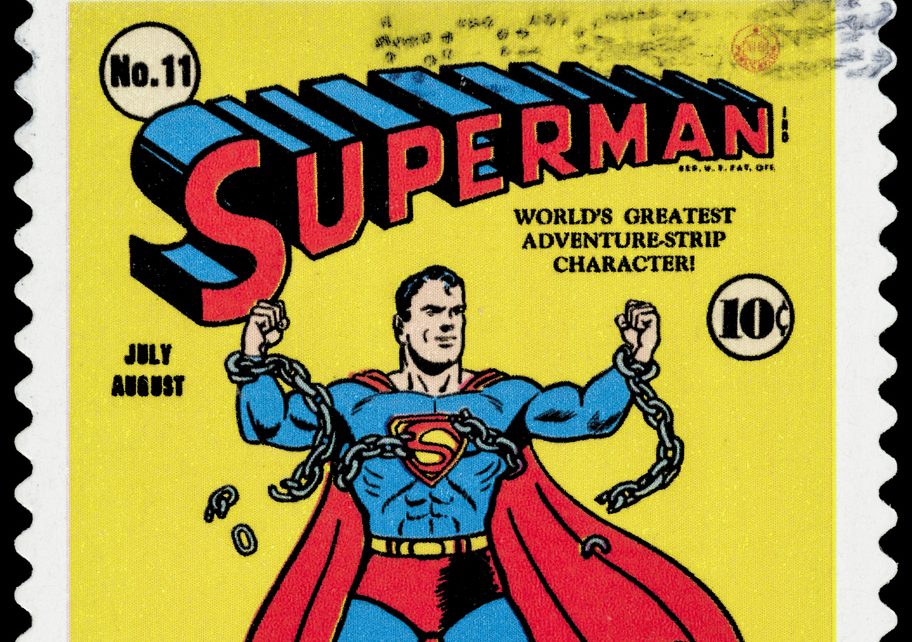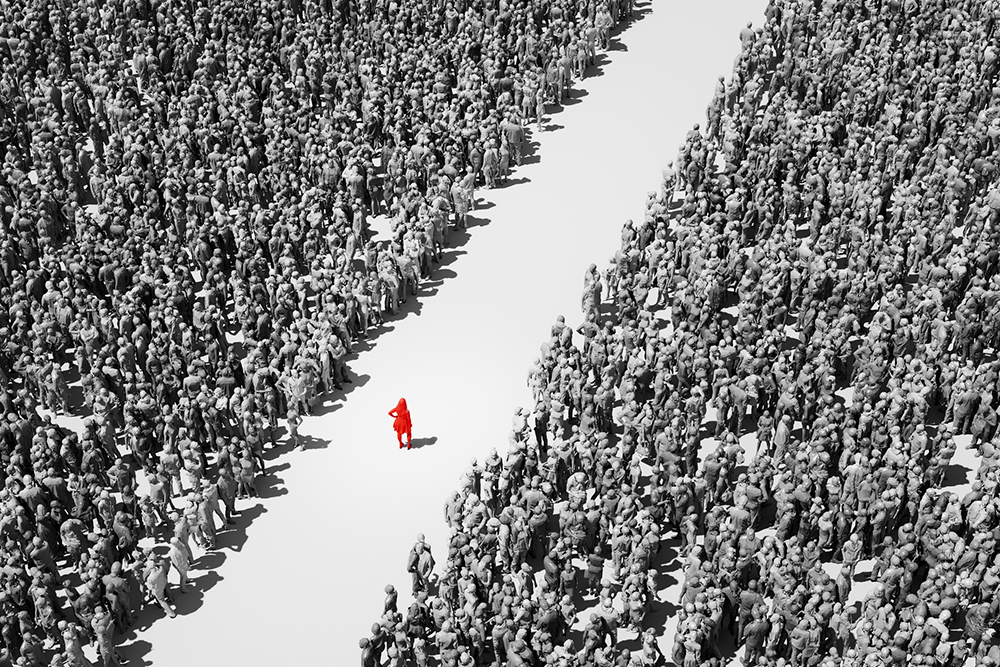The moment I heard that there’d been a backlash against James Gunn’s reboot of the Superman franchise on the grounds that he’d ruined this great American icon by turning the Man of Steel ‘woke’, I thought, sign me up! Until then, I hadn’t been planning to go. Even as a longtime enthusiast for all things men-in-tights, I have always found the big blue schoolboy a bit of a bore. But now I was intrigued. Were they going to make the Man of Steel gender fluid? Have him bop some thinly disguised avatar of Donald Trump on the nose like Captain America socking Hitler?
Friends, I was bitterly disappointed. Of wokeness, in this messy and basically terrible new movie, there was very little sign. It turns out that there’s one scene in which Lex Luthor denounces him as an ‘alien’ – which he is – and Supes makes some syrupy speech about our common humanity. This, I guess, has been taken to be a ruthless attack on ICE’s mission to purge the US of immigrants. And, y’know, our hero stops one country with a very well-funded military from invading its armed-with-sticks-and-stones neighbours (it’s Israel/Palestine! No: it’s Russia/Ukraine!… or maybe it is, even more insidious, a general principle). And the villain is a megalomaniac tech billionaire, which comic book villains have been since long before megalomaniac tech billionaires actually became comic book villains.
All comic book properties these days are positively marinated in nostalgia
But if you think that broad-brush comic book endorsements of defending the weak against the strong, or objecting to rolling tanks over people armed with sticks and stones, or any suggestion that undocumented aliens can be human too, constitutes ‘woke propaganda’, you need to give your head a bit of a wobble. If standing up for ‘truth, justice and the American way’ strikes you as unfairly partisan, we may have to start wondering what principles we’re allowed to give goodies in movies. I thought it was the left that these guys liked to accuse of moral relativism. Also, I can’t wait to tell you about Jesus.
Does it need repeating for the zillionth time that by these standards, Superman has always been ‘woke’? That he was the creation of two nerdy Jewish boys whose families fled European anti-Semitism, that he made his debut just before the second world war made its debut, and that opposition to fascism was kind of his big thing? Do we have to dig out all those spot-coloured panels from half a century ago in which Superman piously lectures passers-by about how un-American it is to discriminate against people on the grounds of race, creed or colour?
The more interesting and more subtle question, I think, is not to do with the predictable conniptions that this children’s movie has caused in pantwetting Maga influencers of a certain stripe. It is, rather, that of whether superhero movies (and comics) are by their nature not ‘woke’ but, at a deep level, what the young people would call fascist-coded.
There’s a decent case that they are. Their narrative roots are in the oral mythologies of the pre-democratic, pre-Christian world. They are myths, and their heroes are spandex-clad godlings, and their basic message is that humanity needs the vigilante violence of near-invincible individuals, answerable only to themselves, to keep it on the straight and narrow. Comic book universes and superhero stories offer the fantasy of a world in which problems are simple to solve through violence, and the goodies and baddies are painted in bold bright colours – the same fantasy populist and, at the extreme of this tendency, fascist politics depend on. It can’t have escaped anyone that ‘superman’ is the most common translation of Nietzsche’s ‘Ubermensch’ – and we know who loved that idea.
Also, all comic book properties these days are positively marinated in nostalgia – the nostalgia of the grown adults who encounter them now for the pristine thrill of their childhood encounters with these characters (I don’t mind admitting that includes me). And nostalgia is a cornerstone of fascism – a fantasy of returning to a simpler, purer world before the wokes or the postmodernists or the feminists or the rootless cosmopolitans ruined it for everyone.
All these, be it said, are points that the more intelligent writers of superhero comics have repeatedly addressed. Marvel’s Civil War plotline (somewhat adapted for the Avengers movie) addressed the vigilante question: unexpectedly and interestingly, Captain America (Marvel’s own big blue schoolboy), comes out in the no-democratic-oversight corner, while Iron Man goes to bat for democratic oversight and the military-industrial complex.
Alan Moore’s Watchmen – named for its on-the-nose evocation of Juvenal (‘quis custodiet…’) – had looked at just the same issue some years earlier. It concluded that anyone who wanted to set the world to rights by dressing up in a cape and mask and beating spit out of the bad guys deserved a psychological once-over. And it’s no accident that ‘Nostalgia’ was the brand name of the villain’s perfume.
At the same time as that, back in the late 1980s, Frank Miller’s Batman: The Dark Knight Returns drew thrilling power from the mythic grandeur of its set-up, without stinting on the darker aspects of that set-up’s appeal: Bats, in despair at juvenile delinquents and liberal apologists for the Joker, comes out of retirement to beat and murder these unwelcome avatars of modernity. (Frank Miller’s later politics suggest that he may have got a bit too high on his own supply.)
So we can rebuke comics for peddling dangerously simplistic narratives of violent redress by godlike creatures answering to nothing so boring as democracy or the rule of law. But at the same time, I’d suggest we should also step back and – rather than getting our knickers in a twist about whether they are woke propaganda or fascist myth-making – sidestep the whole thing by recognising that they are children’s entertainments. Children’s entertainments can and should be enjoyed by grown-ups too, but their moral outlooks only make a difference in the world when those grown-ups are childish enough to think that they need to. I took my 11-year-old. What’s your excuse?








Comments